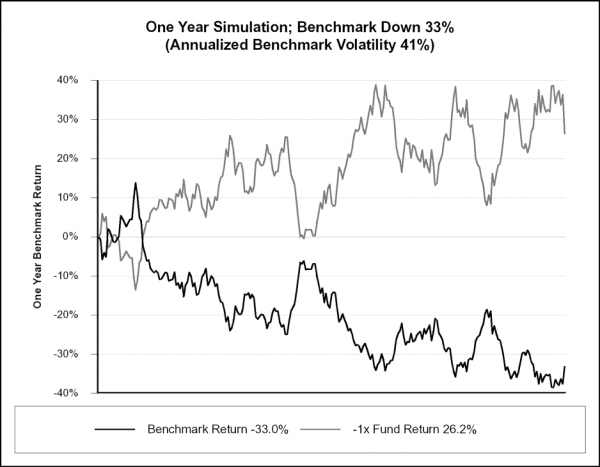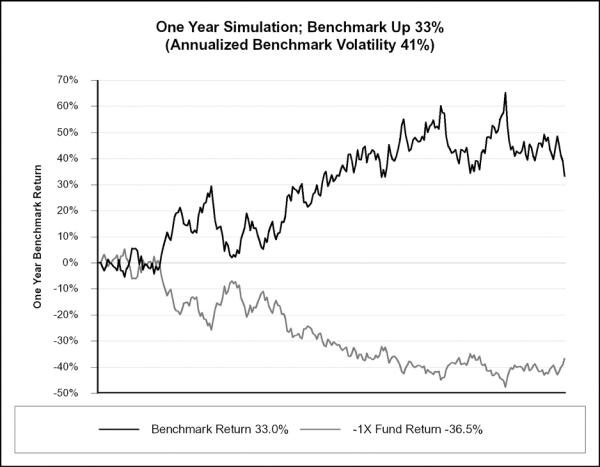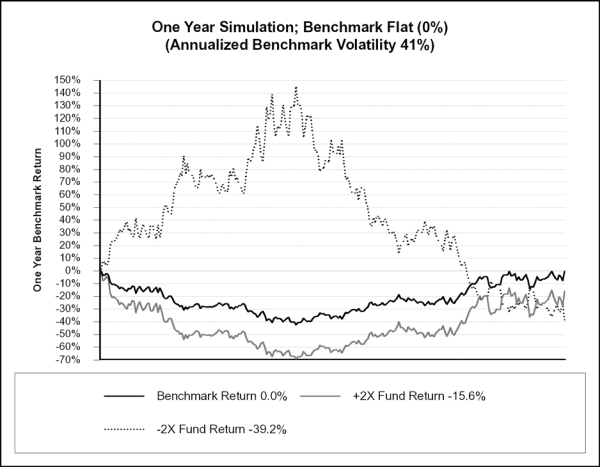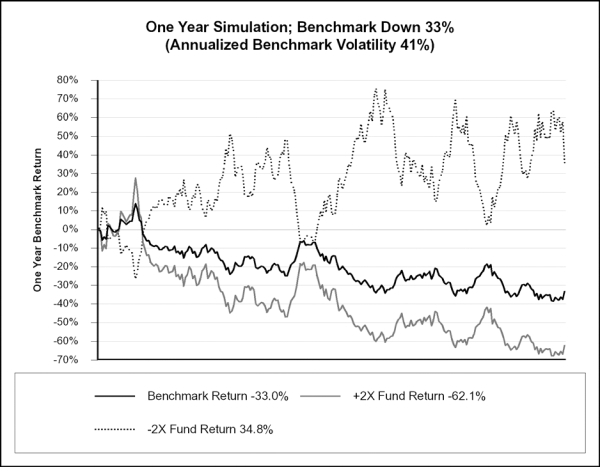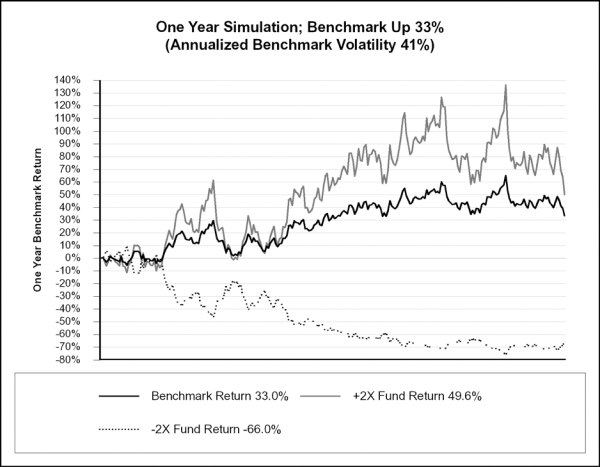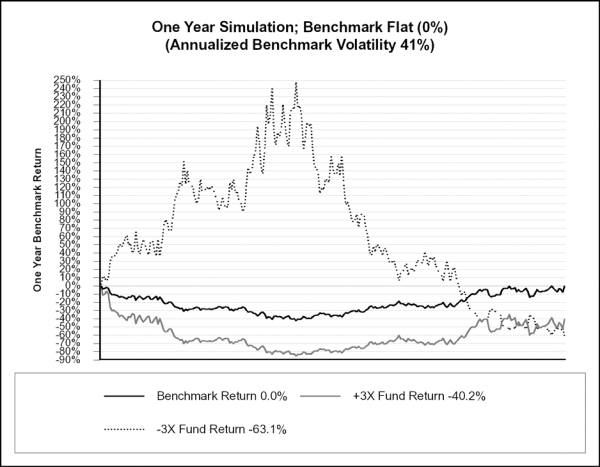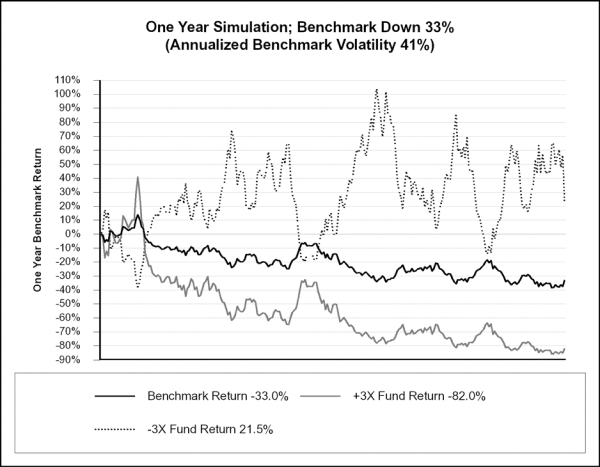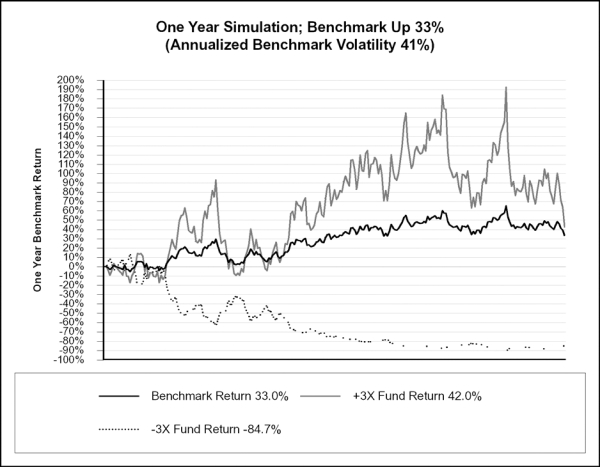unsafe or unsound banking practices with respect to the oversight and governance of its FX trading such that it failed to detect and prevent the conduct.See in reCitibank, N.A., OCCAA-EC-14-101 (Nov. 11, 2014).
FCA FX Notice
Case File No.: Frn: 124704
Date Filed: November 11, 2014
On November 11, 2014, the Financial Conduct Authority (“FCA”) announced resolution of its investigation into Citibank, N.A.’s foreign exchange (“FX”) business. Without admitting or denying the findings or conclusions of the investigation, Citibank, N.A. agreed to settle at an early stage of the investigation, thereby qualifying for a 30% (stage 1) discount under the FCA’s executive settlement procedures. Citibank, N.A. agreed to pay a penalty of £225,575,000. The FCA issued a final notice alleging that, during the time period January 1, 2008 to October 15, 2013, Citibank, N.A.’s insufficient controls led to attempts to manipulate the WMR and ECB fix rates, attempts to trigger clients’ stop loss orders, and inappropriate sharing of confidential information with traders at other firms. See UK Financial Conduct Authority v. Citibank, N.A. (Final Notice: frn: 124704), Nov 11, 2014.
2012 Hawaii Credit Card Matter
Case No.:1:12-CV-00271-LEK-KSC (D. Hi. 2012).
Date Filed: April 12, 2012.
On April 12, 2012, the State of Hawaii, by Attorney General David M. Louie, brought a complaint against,inter alia, Citibank, N.A., alleging that it, among other things, improperly violated Hawaiian law on unfair or deceptive acts or practices, Haw. Rev. Stat.§§ 480-1,et. seq. (“UDAP”) by marketing, selling, and administering certain ancillary products connected to its credit card business to vulnerable Hawaii consumers. The complaint seeks an injunction against Citibank from further violations of the statute, restitution and disgorgement of monies obtained through the alleged violation of the statute, civil penalties, and costs of investigation and attorneys’ fees. On August 1, 2014, CBNA and the State of Hawaii resolved this matter pursuant to a settlement agreement.
2011-15 Massachusetts Attorney General Chapter 93A Litigation
Case No.:11-4363-BLS1 (Mass. Super. Ct).
Date Filed: December 1, 2011
On December 1, 2011, Massachusetts Attorney General Martha Coakley filed a complaint in Suffolk County Superior Court. The complaint was filed under the Massachusetts Consumer Protection Act, G.L. C. 93A, § 4 and G.L. C. 12, § 10 against Bank of America, Citi, J.P. Morgan Chase, GMAC Mortgage, Wells Fargo (collectively, “Bank Defendants”), Mortgage Electronic Registration Systems, Inc., and its then-corporate parent, Merscorp, Inc. The specific Citi entities named as defendants were Citibank, N.A., as trustee, and CitiMortgage, Inc. The complaint originally included six formal counts, but there were three general theories of liability: (1) failure to comply with Massachusetts statutory requirements prior to commencing foreclosure proceedings; (2) deceptive practices in the loan modification process; and (3) failure to register mortgage assignments and transfers of beneficial interests in mortgage loans tracked on the MERS system. As part of the national mortgage settlement, the parties settled and dismissed all counts involving the second theory of liability.
On November 30, 2012, the Court ruled on the pending motions to dismiss and dismissed all counts regarding the third theory of liability and all counts pertaining to the two MERS defendants. However, the Court allowed Count I to proceed, which involved the first theory of liability. In particular, Count I alleged that the Bank Defendants conducted foreclosures by publishing notices of sale without first having been the mortgagee, in
-193-


